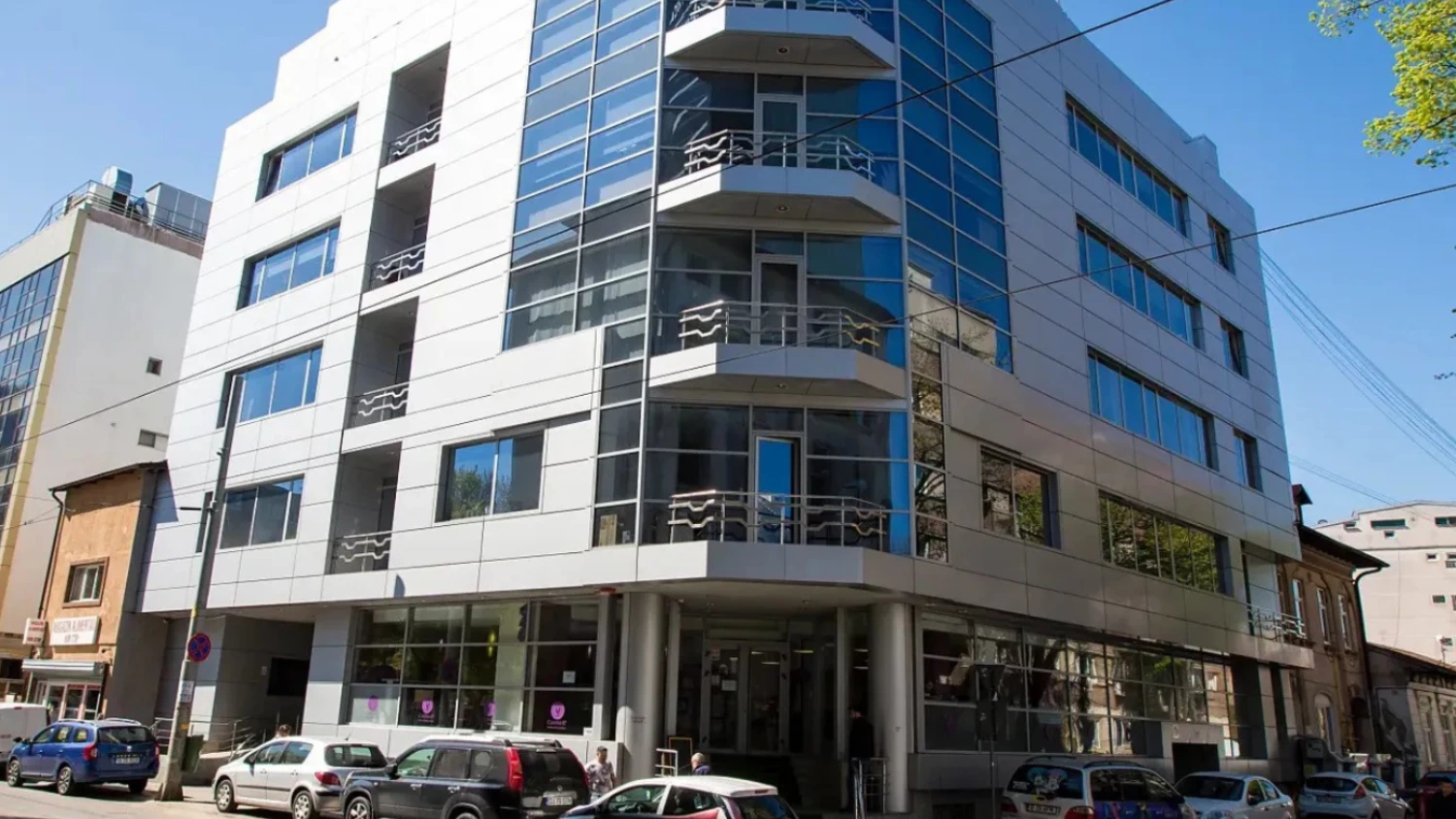"The global slowdown in the IT sector is the main reason behind weaker demand for office space on the local market. It is a shift, considering that before the pandemic, between 2016 and 2019, this sector dominated the market and drove it to record highs," explains Victor Coșconel, Partner at Colliers.
In 2025, IT companies leased 83% less office space compared with the average of the previous decade in Bucharest. By contrast, the rest of the market was only 7% below average, showing that the office sector overall remains in solid shape.
Between 2010 and 2024, the IT sector accounted for an average of almost 40% of total office leasing activity in Bucharest, peaking at 50% in 2019. Global economic uncertainty has made many international players more cautious about expansion plans, while a more pessimistic domestic outlook has affected business confidence among locally owned firms.
"There are encouraging signs for office landlords. We are seeing more companies encouraging employees to be present at the office more consistently. A three- or even four-day office presence has become increasingly common, sustaining real demand for office space," adds Coșconel. A portion of areas previously offered for sublease have been withdrawn from the market, as companies reconsider their medium-term needs.
At the current level of demand, Bucharest could absorb the existing vacant office stock in roughly five years. By comparison, in many Western European cities this process would take between 10 and 15 years. Colliers consultants are already seeing 5-10% increases in renewal offers for competitive buildings, while new developments scheduled for delivery in 2026-2027 are quoting higher rents, driven by limited supply and rising construction costs.











